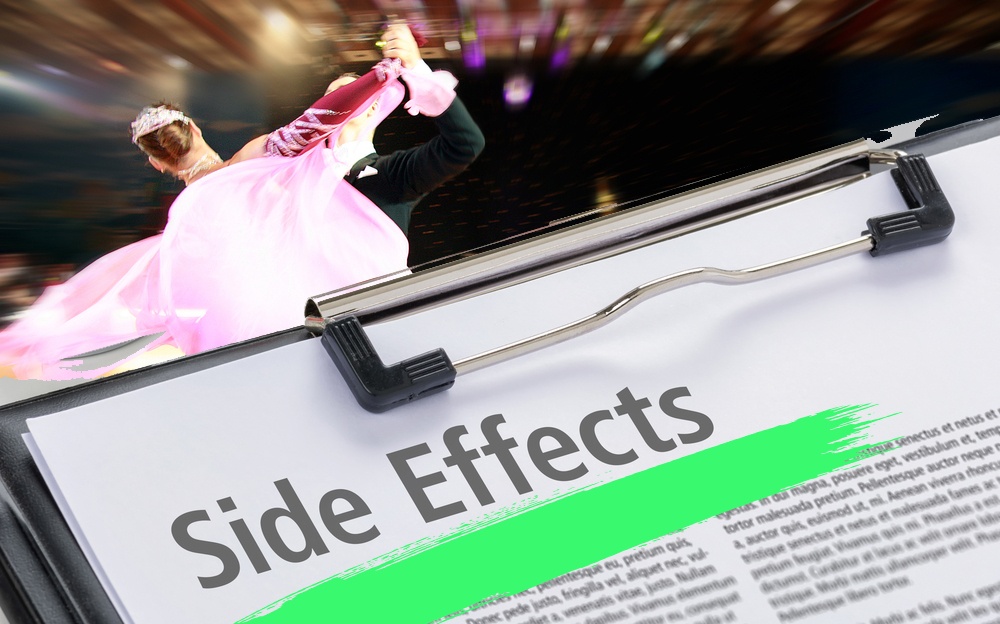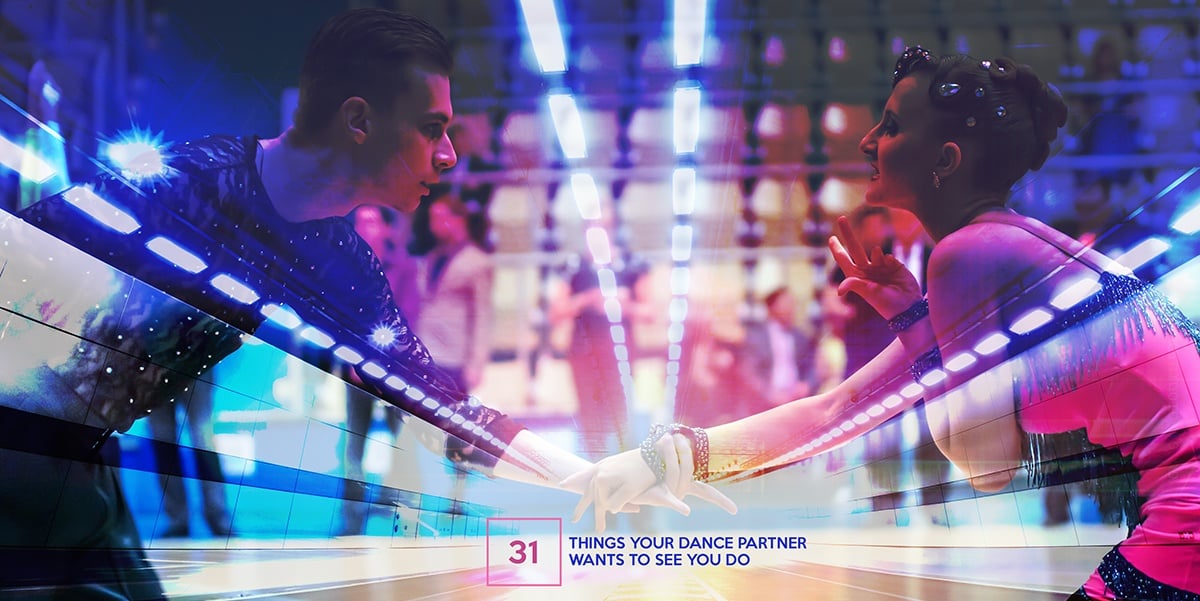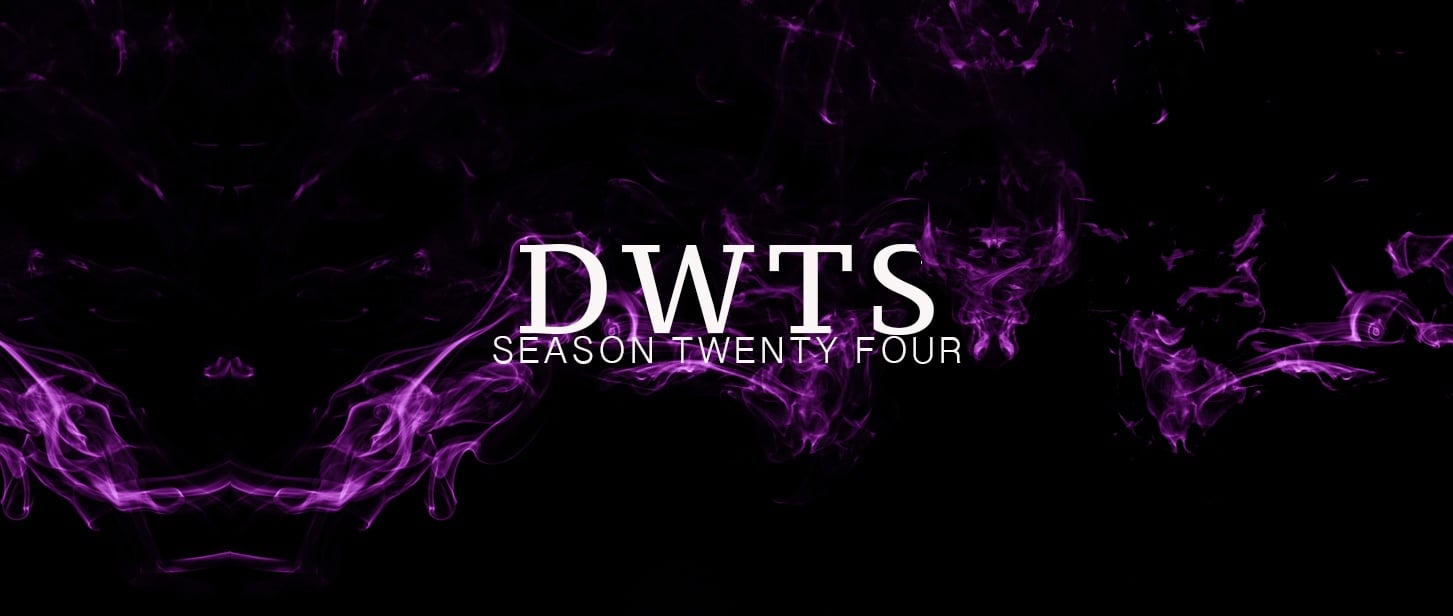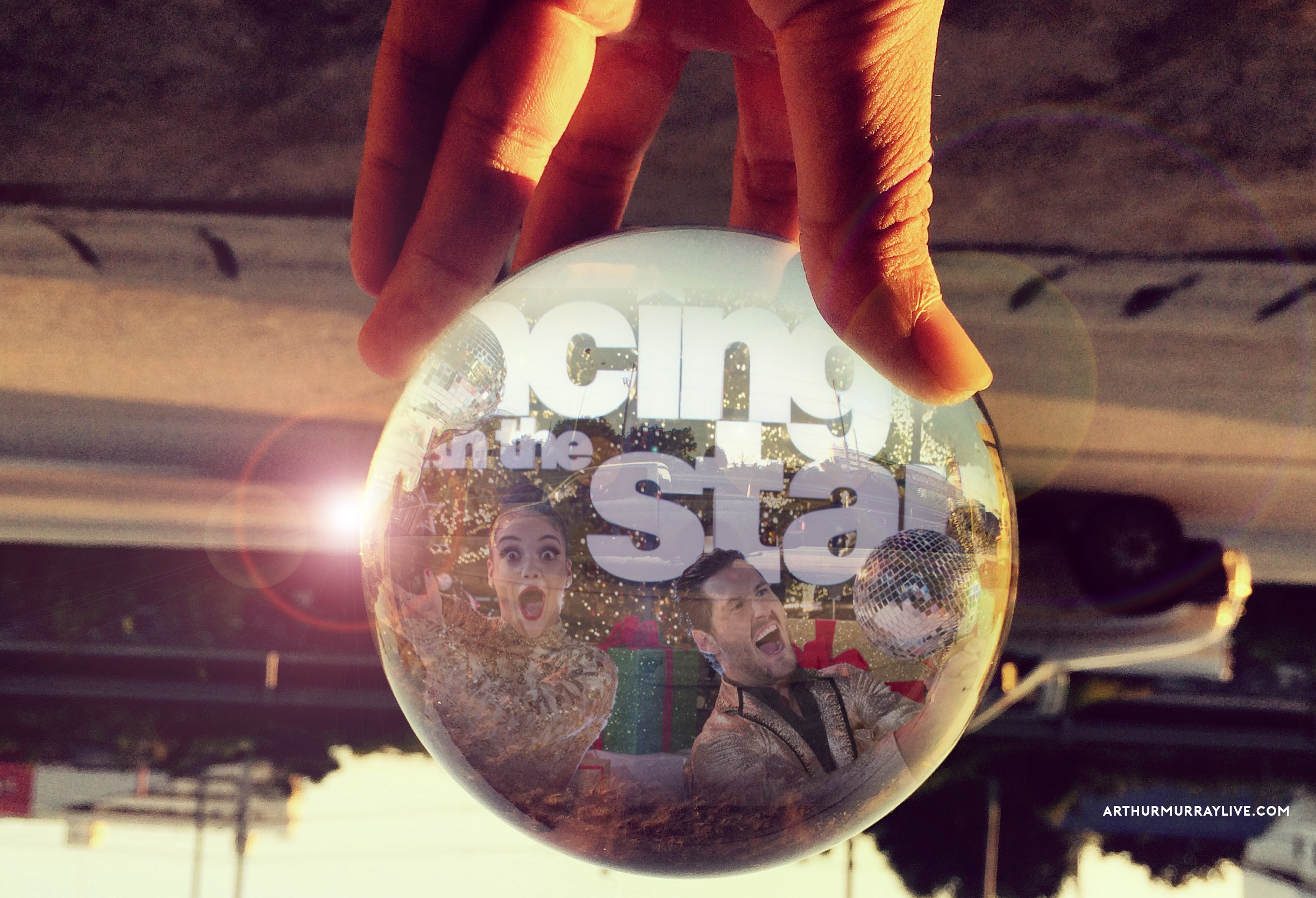3 Ballroom Dance Competitors You Must Beat to Survive
Your friend, your boss, your neighbor?
Your ex-husband, your dog groomer, and that one lady in the advanced class that never smiles?
Everyone in your age division, your dance division, and your *height, body weight, and costume divisions? (*not real divisions)
Believe it or not, your toughest competitors aren't listed above. There are competitors far more dangerous, more influential, and capable of ruining things.
Interestingly enough, you know those competitors, and they are closer to you than you realize.
They are you - all three of them.

Competitor 1: The Bummed Out You
There are moments in the process of learning where you will feel awkward. It's a part of the process of learning, but not necessarily the fun and sexy part.
If your passion for dancing was your immune system, this is the stage that can weaken it.
Competitor 2: The Winning You
What if the beginning stages of losing started with a victory? Winning, in general, is a good thing, but remember the phrase "Good is the enemy of Great"? It's easy to fall into complacency when you win. Bob Powers, Arthur Murray franchisee and 12 time United States Rhythm Champion once said, "the hardest year for me was the first year after I won the US title."
Competitor 3: The Regretful You
Imagine it's twenty years from now. You're sitting in a restaurant for a family dinner and some Tango music comes on. One of your kids says, "didn't you dance once?", you laugh, shrug it off, and try to remember what dancing was like.
There's a version of you that stops dancing altogether - like some alternate reality - and you regret it. Maybe it was a vacation, a change of location, or your dance teacher decided to pursue another career, but somewhere along the way you lost your way.

Let's Talk Solutions
At some point, the best dance students realize that they are only competing against themselves. After all, you can't control how anyone else dances, or what the judges choose to look at, so why waste time obsessing on these areas?
It's referred to as an External Locus of Control - that you do not control the outcomes in your life, and that your success is contingent on external forces and factors falling into your favor.
Finding an internal solution, or internal locus of control, means that you believe that you control the outcomes of your success. That the effort you make, and areas you focus on, can positively affect your circumstances.
Solution One: The Truth About Your Progress
Your dance progress can seem hit and miss... even when it is as steady as ever. Think of it like a movie you're downloading. While it is being downloaded, it can be unwatchable, sporadic, hit and miss, and yet the entire time - it is still downloading.
The "Bummed Out" You needs to remember that even though it doesn't feel fluid yet, it doesn't mean that it won't feel fluid later. Regardless of how it feels, it's actually progress.
Just like that video you downloaded - it will eventually be smooth and seamless... and so will your dance progress.
Solution Two: The Truth About Satisfaction
We should all enjoy a victory celebration. Maybe it's that account you landed at work, or that you landed your passing twinkle with a toe for the first time - it's important that you respond to milestone achievements appropriately, and allow yourself to accept a win.
But let's get real here - doing a celebration dance is one thing, but using your celebration dance to replace hard work is something completely different.
While celebrating is encouraged, we encourage you to follow that up with new milestones, upgraded goals, and to find someone who will tell you when it's really time to wrap up your ticker tape parade.
Solution Three: Future Regret is Your Present Danger
Sure, that may sound like the title of a new Tom Clancy novel, but it's the truth. As a student of dance you are participating in an activity that is intentionally pulling you out of your comfort zone, and building new layers of confidence in the process.
The good thing is that it takes a little bit of vulnerability to stimulate your growth. The bad thing is that those moments of vulnerability can cause you to second guess your dance hobby as a whole.
There is a version of you in the future that got tripped up - maybe somewhere early on in your dance journey - and couldn't recover. The trip turned into a fall that ended it.
The critical detail is to recognize the warning signs, the perilous segments of any dance journey. Not unlike any of the road signs to signal dangerous segments on roads and highways, there are particular moments, and corresponding thought patterns, that will derail you.
Unfair and dysfunctional dance comparisons are an easy culprit.
Dance performance meltdowns can cause some of the most confident people to lose their cool.
Unfortunately, when someone's dance progress immune system is weakened, they may even begin to buy into conspiracy theories.
The key to avoiding regret is to keep open lines of communication with the people that can help you the most - your dance instructors and studio managers. While some of the aforementioned moments can be the genesis of the problem, a failure in communication is what causes the problem to grow, spread, and consume someone in their dance journey.
Final Thought
As exciting as it might be to have competitors conspiring to defeat you, there is no single villain that can stop you quite like yourself. Your ability to encounter and rebound from negative thinking, your willingness to endure the less glamorous parts of the learning process, and your openness to communication will far outweigh your dance ability.
Dance skills are just ingredients, but your mind will determine their effectiveness and lifespan.
If you enjoyed this article, we'd love to have you become an Arthur Murray Live subscriber! You'll receive one email, once a week, and exclusive access to premium dance advice content.
Next Article: How to Create Your Own Dance House






















